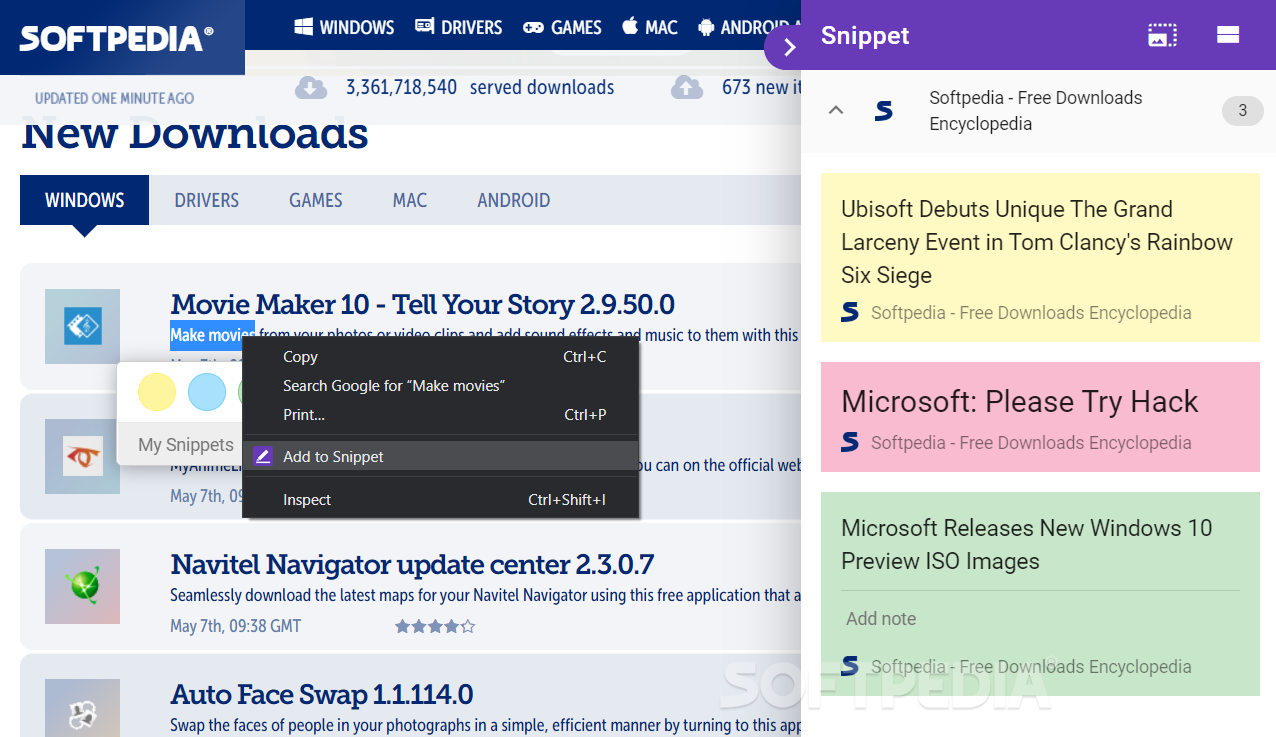


A day later, another snippet misleadingly labeled one of the same state's senators a "BIGOT" by relying on information from a 2012 blog post.Īside from serving up misinformation, Google's snippets have also cratered online media businesses that rely on traffic from search engines, as The Outline has previously reported. These sorts of troubles plague Google's featured snippets fairly regularly, but this instance caused particular alarm because it occurred less than a week before California's primary elections. Just last week, furious members of the California Republican Party noticed a Google featured snippet said their ideology was "Nazism." A rogue Wikipedia editor had briefly inserted the false information it was edited out again six days later. It says it seeks only to play a part in a hopefully collaborative fight against false information online.

If you search for "Who is Alex Jones," Britannica can't help you. It likely won't help mitigate, say, fake political news. The tool works best for that sort of scientific or historical question. For example, next to the result from NASA, Britannica Insights displays its entry for " Rayleigh scattering," the technical term term for the physics phenomenon that turns the sky blue. When you search Google with Britannica Insights installed, the extension will populate information from the encyclopedia above or alongside Google's own featured snippet. It's those failures that Britannica wants to help mitigate with its new Chrome extension, Britannica Insights, which supplements Google's featured snippets with accurate information. But in many other circumstances, Google has instead featured incorrect information from Wikipedia and random blogs. When you ask Google why the sky is blue, it offers a reasonable explanation: "Blue light is scattered in all directions by the tiny molecules of air in Earth's atmosphere," an answer it sourced from NASA. It's a distinctly modern problem that finds one possible solution in a 250-year-old business: Encyclopædia Britannica. The product has, among other things, declared that Barack Obama is the "king" of the United States and reported that dinosaurs are being used to trick people into thinking the world is millions of years old. But what started out as a time-saver has morphed into a repeated source of misleading and outright false information, thanks to Google's frequent reliance on untrusted sources. In January 2014, Google made a fundamental change to its search product: It started showing answers to user queries directly in so-called snippets, no further clicks required.


 0 kommentar(er)
0 kommentar(er)
